Around the Bloc: Moldova Faces Long, Hot Winter After Government Falls
Shadow of massive bank fraud hangs over the country’s liberal parties.
More...We kindly inform you that, as long as the subject affiliation of our 300.000+ articles is in progress, you might get unsufficient or no results on your third level or second level search. In this case, please broaden your search criteria.
Shadow of massive bank fraud hangs over the country’s liberal parties.
More...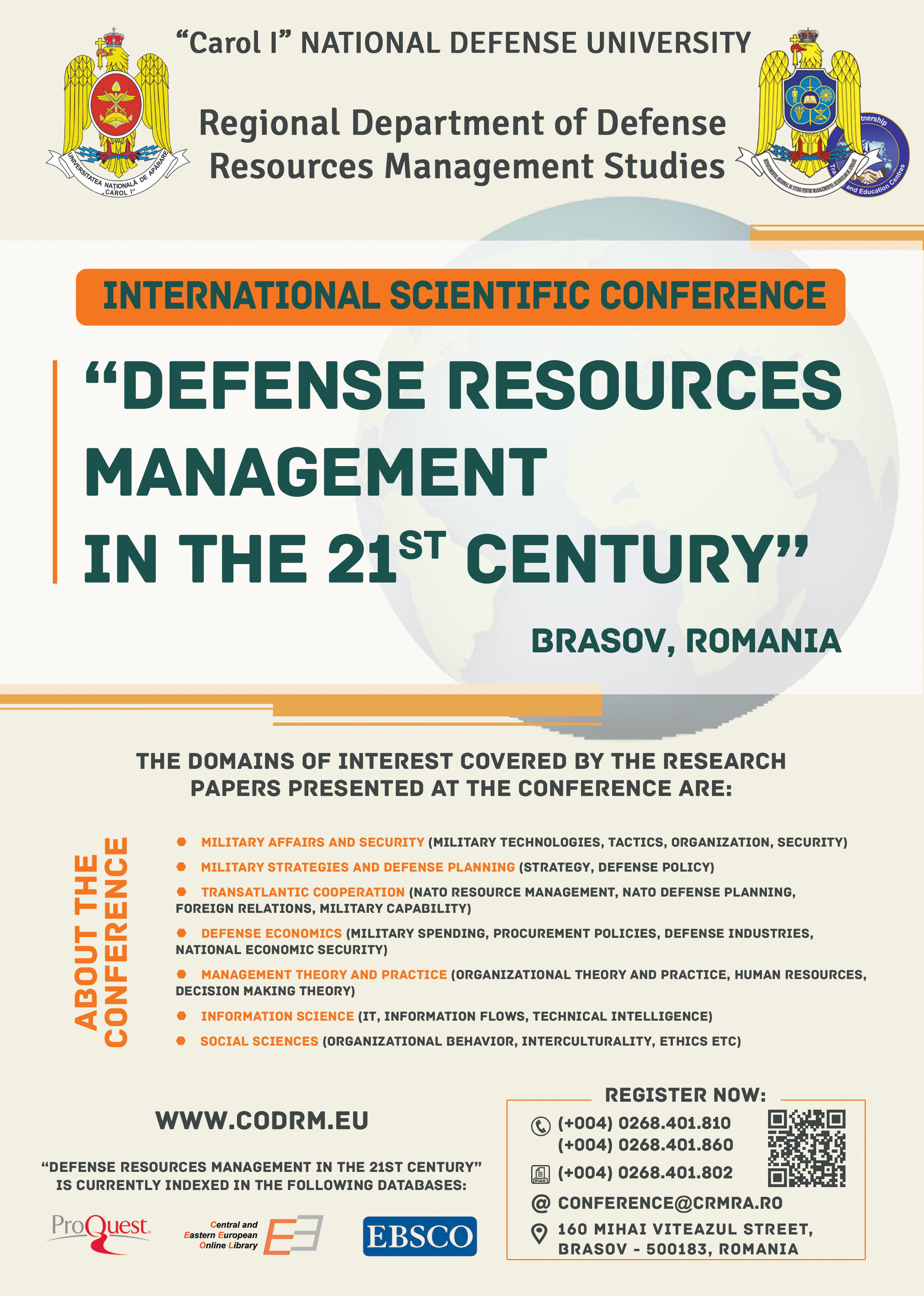
In the modern world, strategic airlift – the capability for a fast transport of equipment and personnel by air over long distances to respond to military and humanitarian crises – is in high demand even in a financial environment who remains restrictive.The Strategic Airlift Capability is a innovation in the field of smart defence (NATO Concept) and pooling and sharing of defence capabilities (EU Concept)-A Unique Model for Cooperation.
More...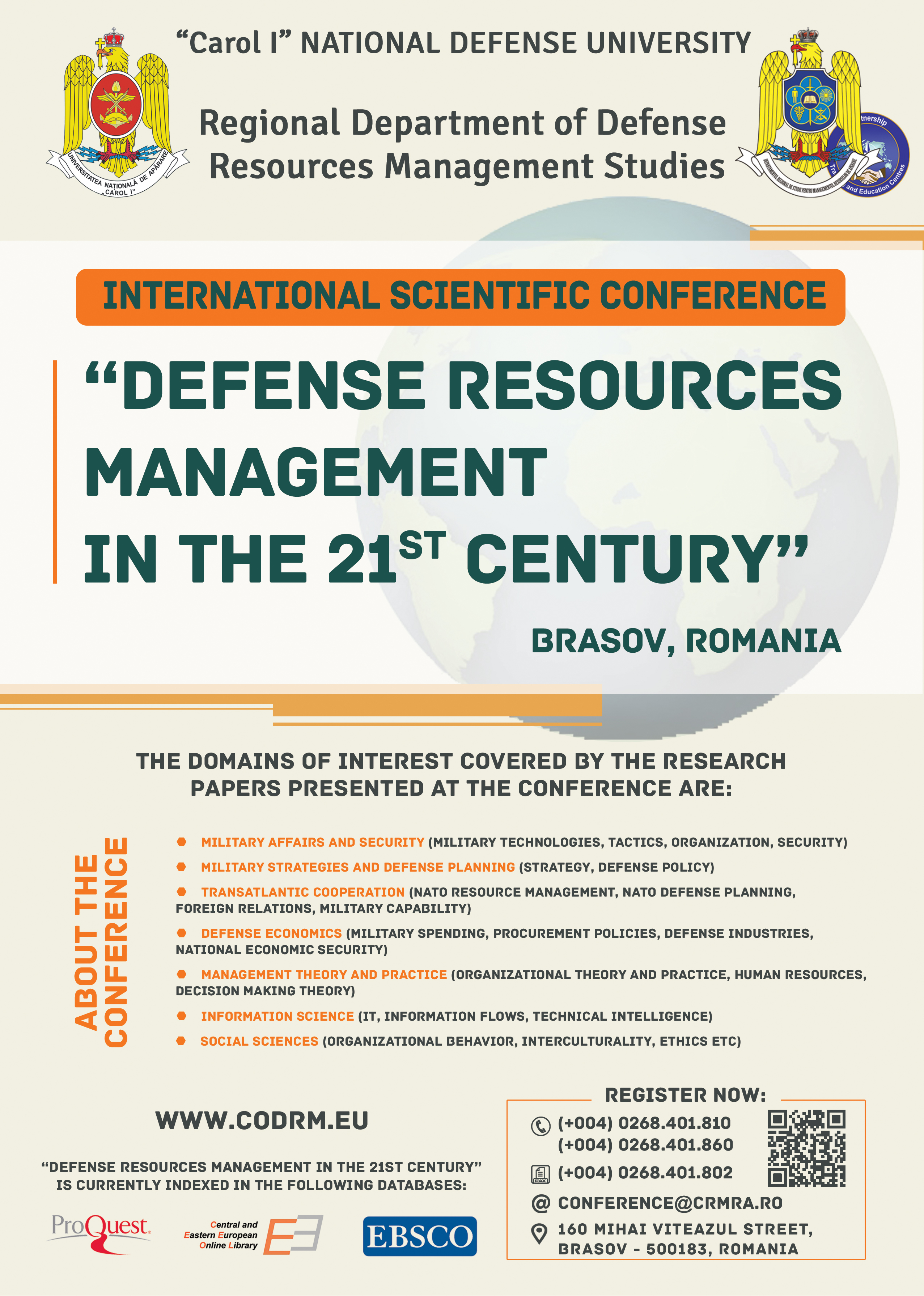
The achievements of artificial intelligence bring efficiency and discipline through the soldier – robot, which does not sleep, does not eat, does not need training, is not frightened, does not forget orders and does not worry if, beside him, a colleague was shot down.The robot is a perfect machine of death, the disappearance of which no one complains.The key of this problem is the robot industry which provides solutions to the defense systems: the fight robots, or „automated armed systems” already used by some countries. Research is more advanced in the field of remotely operated vehicles in the case of so – called drone – spy planes and unmanned combat aerial vehicles.Explorers, combatants’ robots are searching caves in search of terrorists.But a British study has fired a warning on future terrorist attacks which, soon, could be coordinated with the help of robots.
More...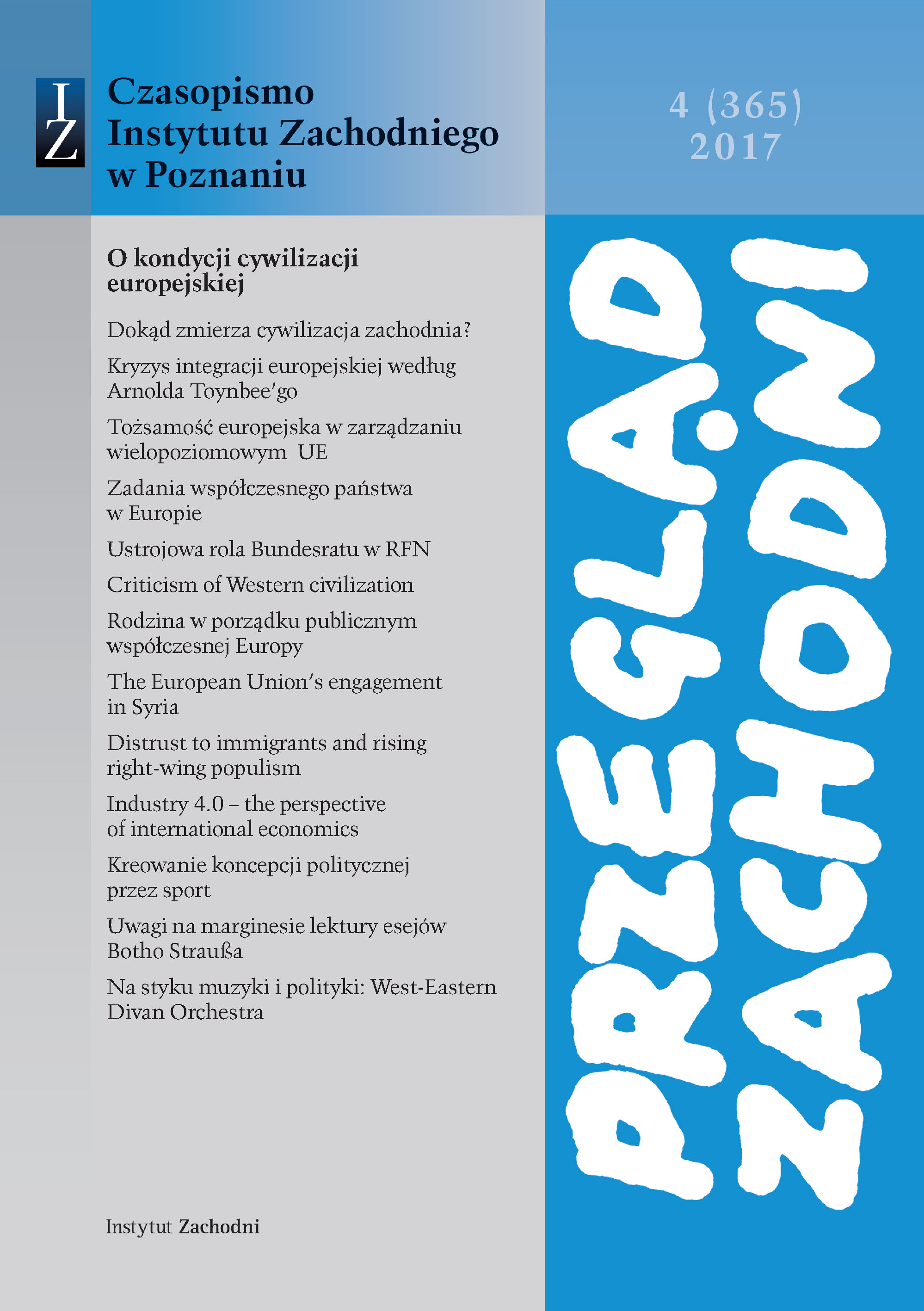
The Federal Council (Bundesrat) is one of the main public authorities in Germany. It is one of the four federal public authorities, which - in accordance with the listing included in the Basic Law (Grundgesetz), are Bundestag, Bundesrat, Bundespraesident and Bundesregierung. (...) The Federal Council cannot be understood at the same time as the part of another authority. It is an enormous institutional misunderstanding to present the Bundesrat as the second or higher chamber of german parliament.
More...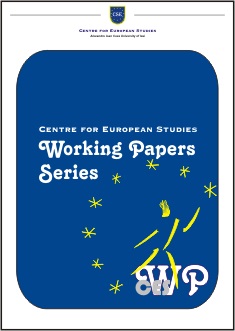
There is a general agreement that the European Union is facing nowadays one of the most important challenges in the history of the community, taking into consideration the wide range of economic, social and political risks that constitute top priorities of the European authorities. One key concept in this approach is the efficiency of the economic governance process. The main purpose of this article is to evaluate the ability of the European Union to elaborate sound policies in the current economic framework that are focusing on supporting the common interests of all the Member States, with particular focus on the economic governance process. Furthermore, the article targets at identifying whether or not the new architecture of the EU economic governance developed as a result of the 2008 financial crisis constitute a triggering factor for social cohesion and political harmonization across the European community.
More...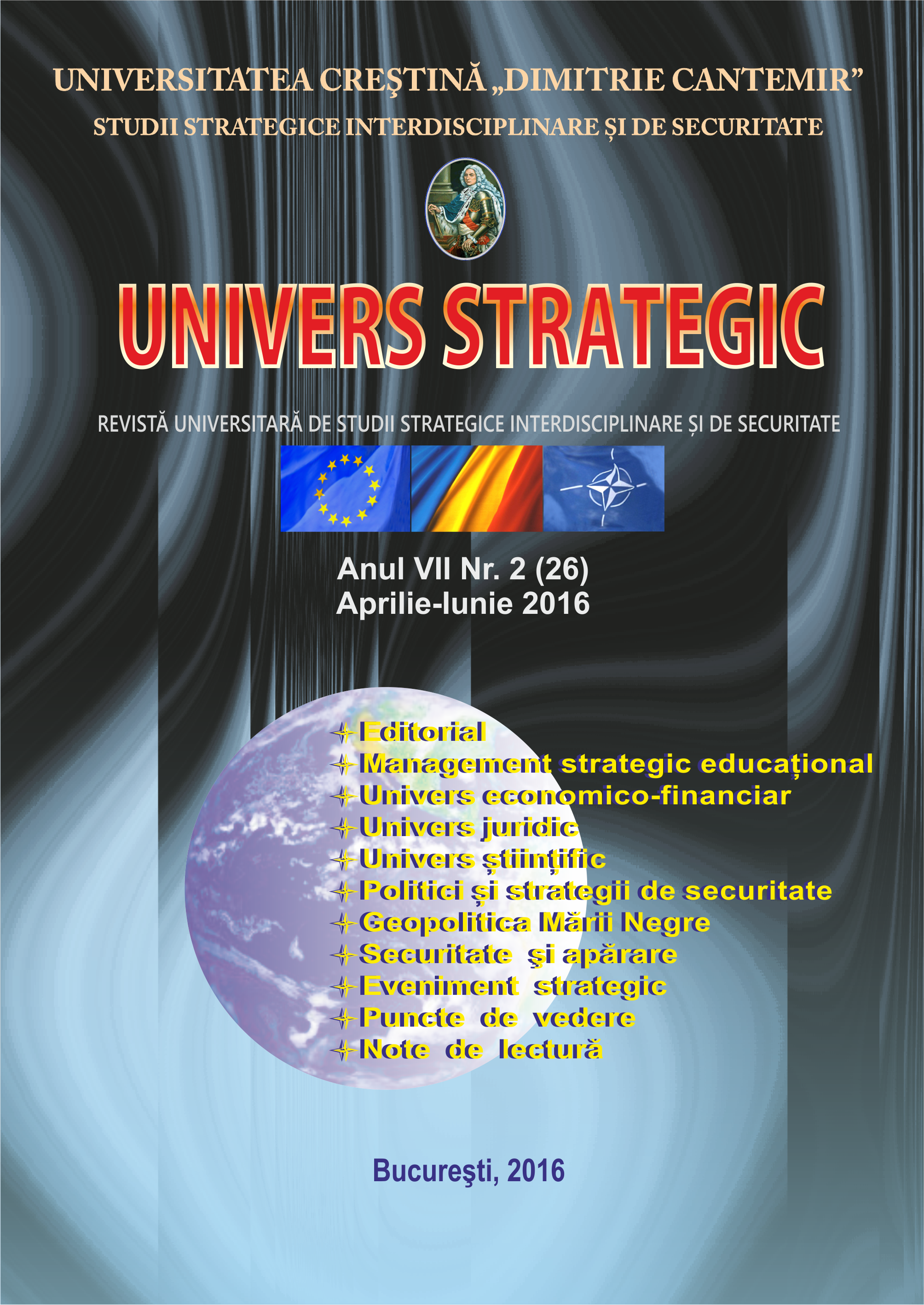
The post-factum analysis of the tsars’ period (Russian emperors), during Russia’s imperial period, the Soviet period and even Russia’s post-Soviet period reveals that the Russians tried and developed their own style of negotiating, namely power negotiation, called by Herb Cohen, author of “You can negotiate anything” – Soviet-style negotiation. The term is brought to the attention of the public opinion for the first time in connection with Soviet leaders, but power negotiation is used today by many more states, individuals, groups and entities.
More...
The XXIst century order represents, in our opinion, a dynamic order, having a complex nature, defined by state actors and especially, by decisions and actions of the non-state actors. The present paper premise is to explore, apart from these features, the multi-level governance of this XXIst century order as post-westphalian order, where multiple sovereignties are shaped, due to the existence of multiple levels of governance. The academics are using, as to define this process, the ”neo-medievalist” term, to illustrate the diffuse, interconnected authorities and multiple levels of political decision, and also, the rising of non-state actors on the global framework. We consider that, among these global actors, there can be taken into account also, the metropolises and megalopolises, which, at present, from the perspective of the contemporary international law, haven’t acquired the quality of being subjects of international law, as the states. Nevertheless, in a global order, based on a global normative regime regarding the non-state actors (in this case, the megalopolises and metropolises), and also, from the perspective of a global law, these actors are receiving the quality of subjects of global law, allowing them to assume responsibility before regional and international jurisdictional instances.
More...
The culture in which the individual is born and socialized will always impress upon him. Analyzing the surface of social polemics about the "danger" of LGBT marriage, heterosexuality seems to be the main landmark of marital cohabitation, and minority alternatives seem to be a form of symbolic aggression that most feel sympathetic to accepting. Also, looking from the perspective of family protection actions through this ample national action, the referendum becomes more of an action to protect a simple concept of marriage than to protect the marital conjugal space, around which all fears about marriage are being developed (with all the "risks" of being "veiled" by same-sex couples claims). However, the legal modification of marriage only between man and woman does not protect conjugality from the "danger" of legalizing homosexual marital unions, nor from marriage-like rights such as adoption.The study aims to analyze comparatively international laws on consensual union and marriage, insisting on socio-legal resources that express rights similar to marriage in the European space.
More...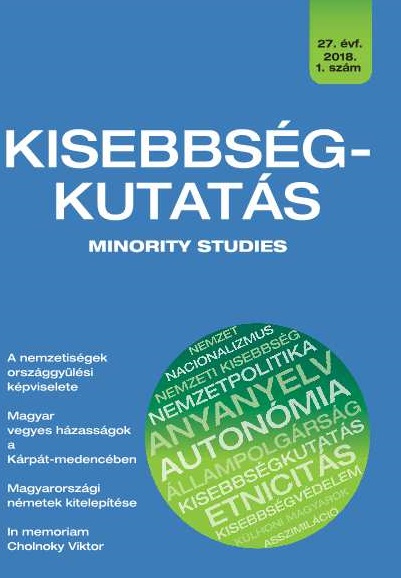
Quek, Kai - Johnston, Alastair Iain: Can China Back Down? Crisis De-escalation in the Shadow of Popular Opposition = International Security, Vol. 42, Winter 2017, No. 3, 6–36. p.
More...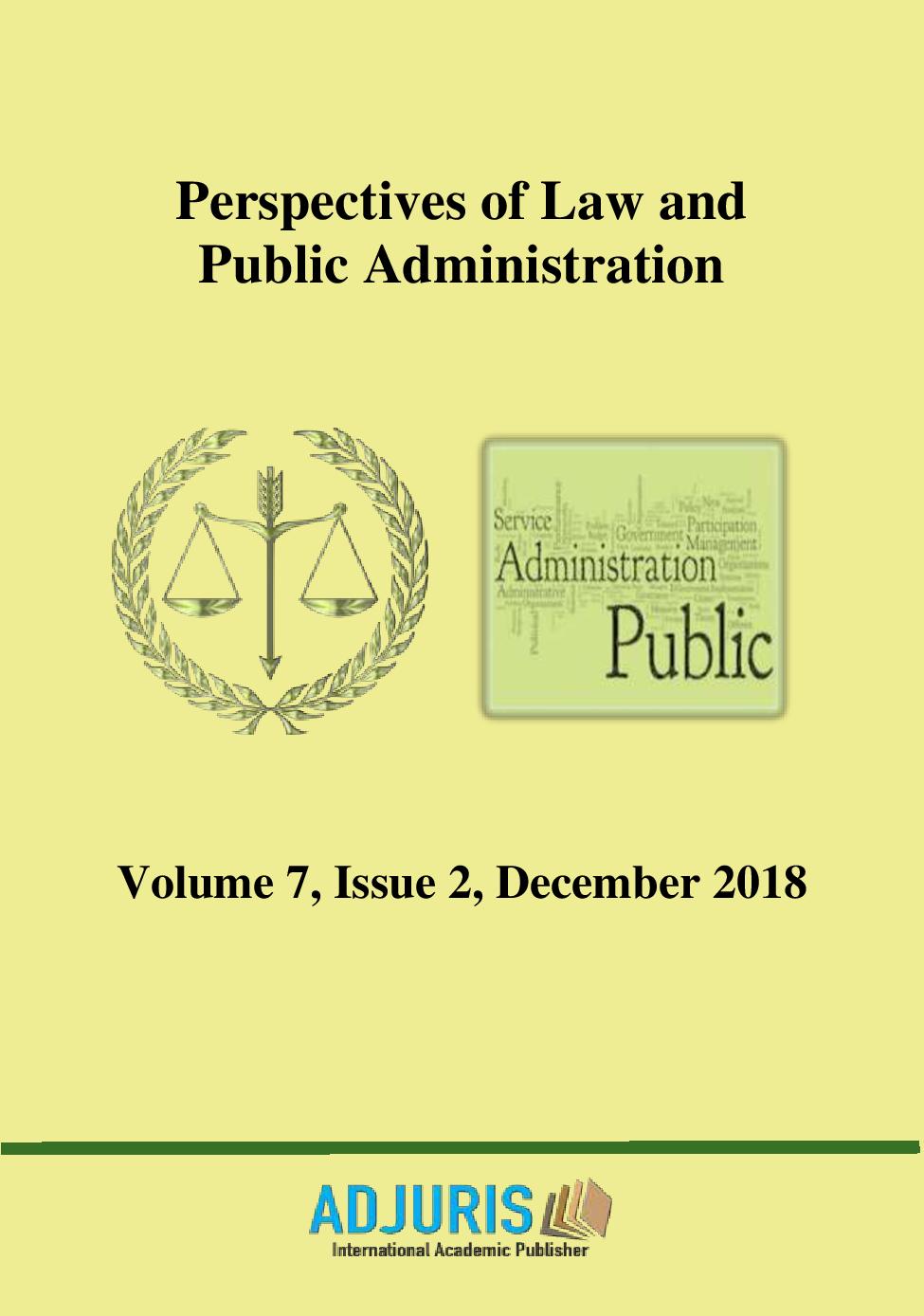
The study is a result of the research-scientific work and observation of the modernization of public administration in the Republic of Kosovo, as a goal and purpose of the government in the function of public administration reforms to make it more efficient, more economical and more accountable according to EU standards. Public administration is one of the main segments through which relations among the state, civil society and the private sectorare realized. In this regard, support for innovation in public administration enables the realization of development objectives, in particular in economic advantages, poverty reduction, institutional harmony and stability. Modernization of public administration in Kosovo can be defined as a challenge in making significant government changes, decentralization of public administration, simplification of procedures, informalization of services and e-government at all levels of administration and improvement in the field of human resource development. Through digitalisation and egovernment, Kosovo public administration becomes compatible with those of the EU states. The principles and standardsof good administration derive from EU legislation and jurisprudence, as well as the good administrative practice of EU member states.
More...
Recognizing the operational level of war as essential for defense system is the new trend of the modern military doctrines. The militaries worldwide, especially in the West, are increasingly investing in studying and development of the operational art necessary to manage the operational level. It is integrated into the military education as a separate component of the advanced military studies. The aim of this paper is to highlight the necessity to study the operational level of war as part of military education of the field grade officers. At the operational level, the military thought in a specific country develops its own operational art that explains its military‘s way of war. The purpose is to link the strategic and tactical levels of war. Without operational art, the military doctrine is incomplete. Because future wars will take place in a complex environment, the country‘s defense system must become very adaptive. It should not be inert as the operational environment is always dynamic. Therefore, it is necessary to build an educational culture that is willing to adapt and change.
More...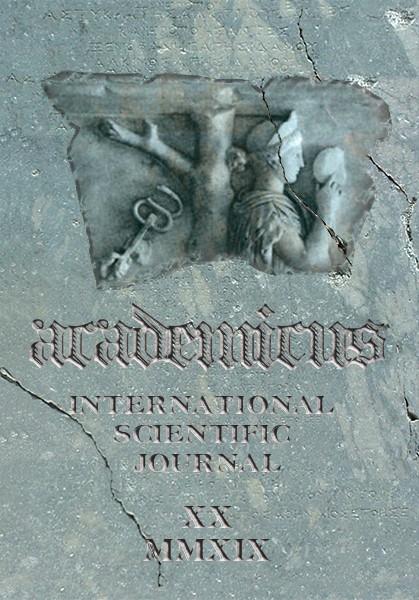
This paper is an essay on the problematic of the globalization of political power and on the increased relevance of institutions in contexts of multifaceted populism. A case study of the Portuguese justice system was used to illustrate the arguments presented. First, the Troika intervention in Portugal is offered as an instance of globalization of political power. Secondly, a model of argumentation analysis of political parties is used to contend that the media coverage of the discourse about austerity during the period of external intervention constituted what can be called multifaceted populism. Finally, the Directorate-General for Justice Policy is presented as an example of the decisive and increased role that institutions can play in times of crisis by presenting a factual and dispassionate vision of the results obtained at the level of public policies.
More...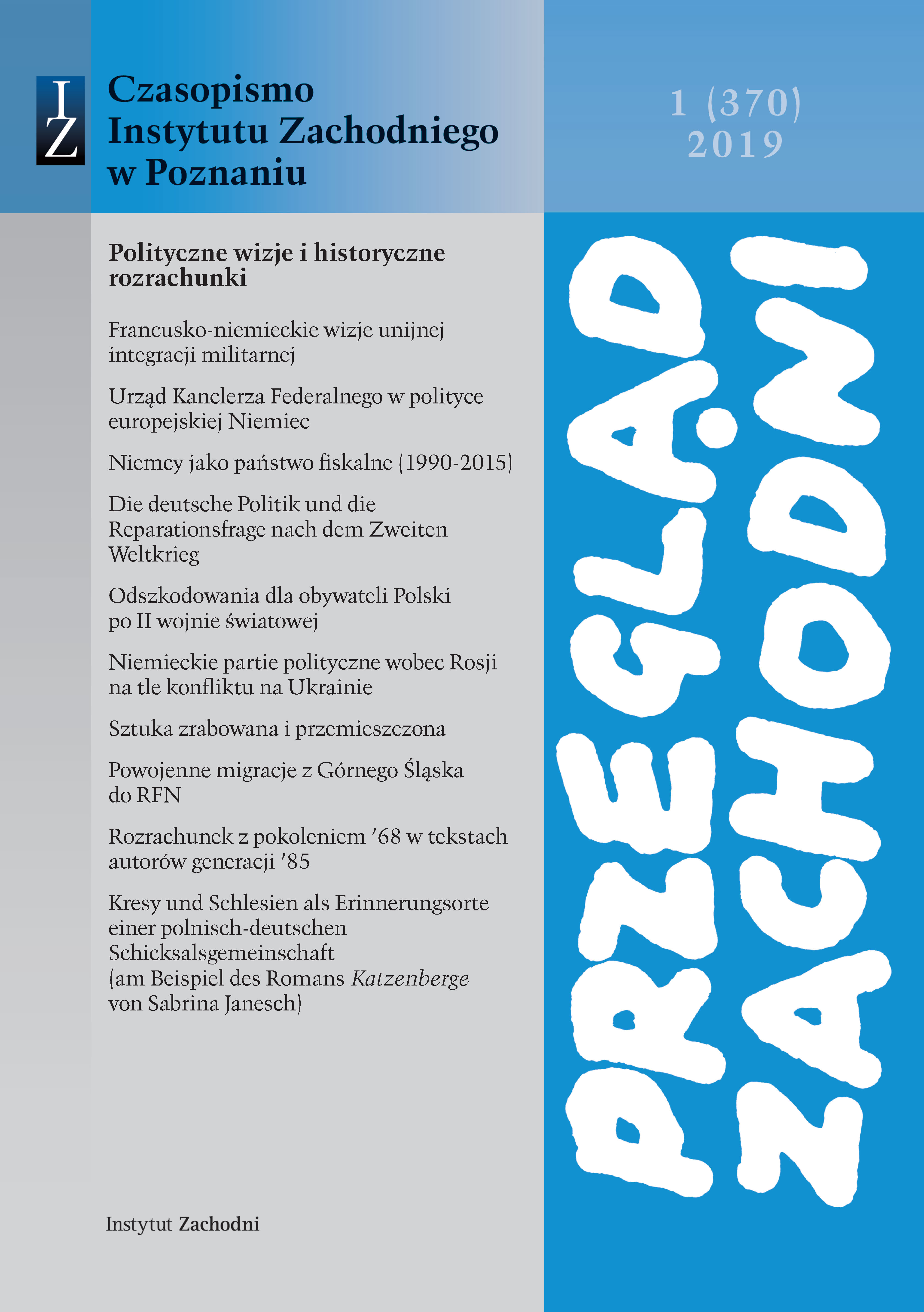
The aim of the article is a survey of the legal and informal competences of the Federal Chancellery in Germany with a focus on the European policy of the Federal Republic. As the rsearch problem the author sets himself the task of demonstrating in scientific argument that the Federal Chncellery effectively performs the function of coordinator of Germany's European policypolicy, closely cooperating with the ministries (especially the Federal Roreign Office) and the Permanent Representation of germany to the European Union. The hypothesis has been adopted that the Federal Chncellery plays the role of mediator between the government and the parliament, the federal states, social organizations, and representatives of foreign states. It provides the Chancellor with current information and various analyses pertaining to tjhe functioning of European Union.
More...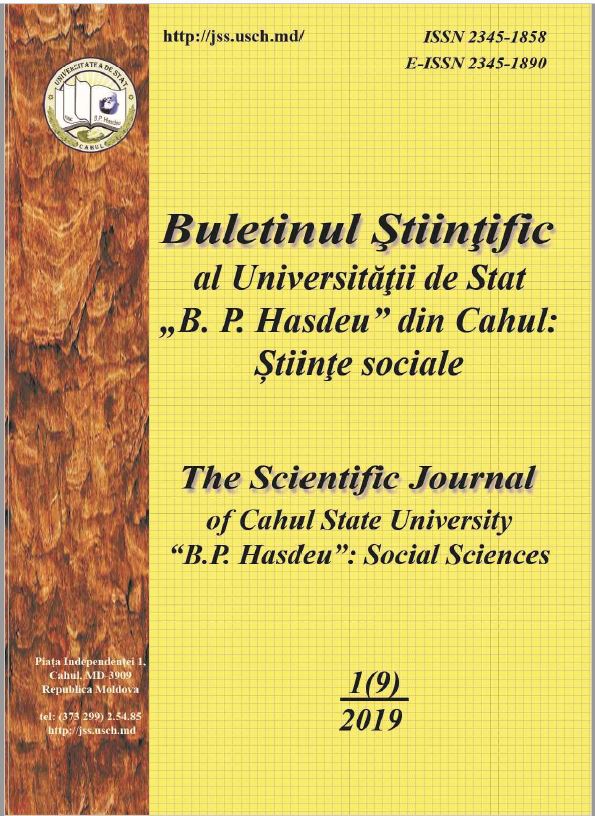
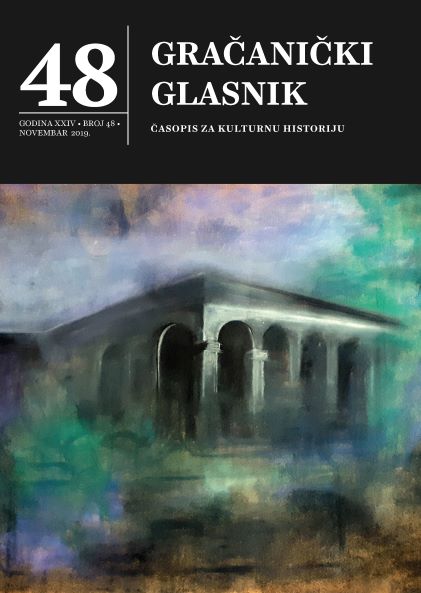
This paper presents the results of a study conducted by the author during 2019 with the goal of reviewing the efficiency and functionality of the local self-administration in Bosnia and Herzegovina. The study was conducted in several municipalities of both entities and in the Brčko district through a survey as well as direct interviews with persons who occupy significant positions in the local self-administration and participate in the implementation of laws and regulations in this field. The author focused on five key issues relating to the state of the existing legislations to address this problematic. Almost all answers confirmed the need for change, the strengthening of the material base and the financial sources of the local self-administration. Through the analysis of the answers to the survey it can be concluded that the local authorities in the entities and Brčko district have almost unanimous positions when it comes to most issues except for the issue of the support for the adoption of a unified law on local self-administration on the state level. There is also a high degree of agreement regarding the demand for more stable financing of local communities, which could be seen as a starting point for the responsible legislative bodies in the future for the, certainly necessary, changes of the legislation in this field.
More...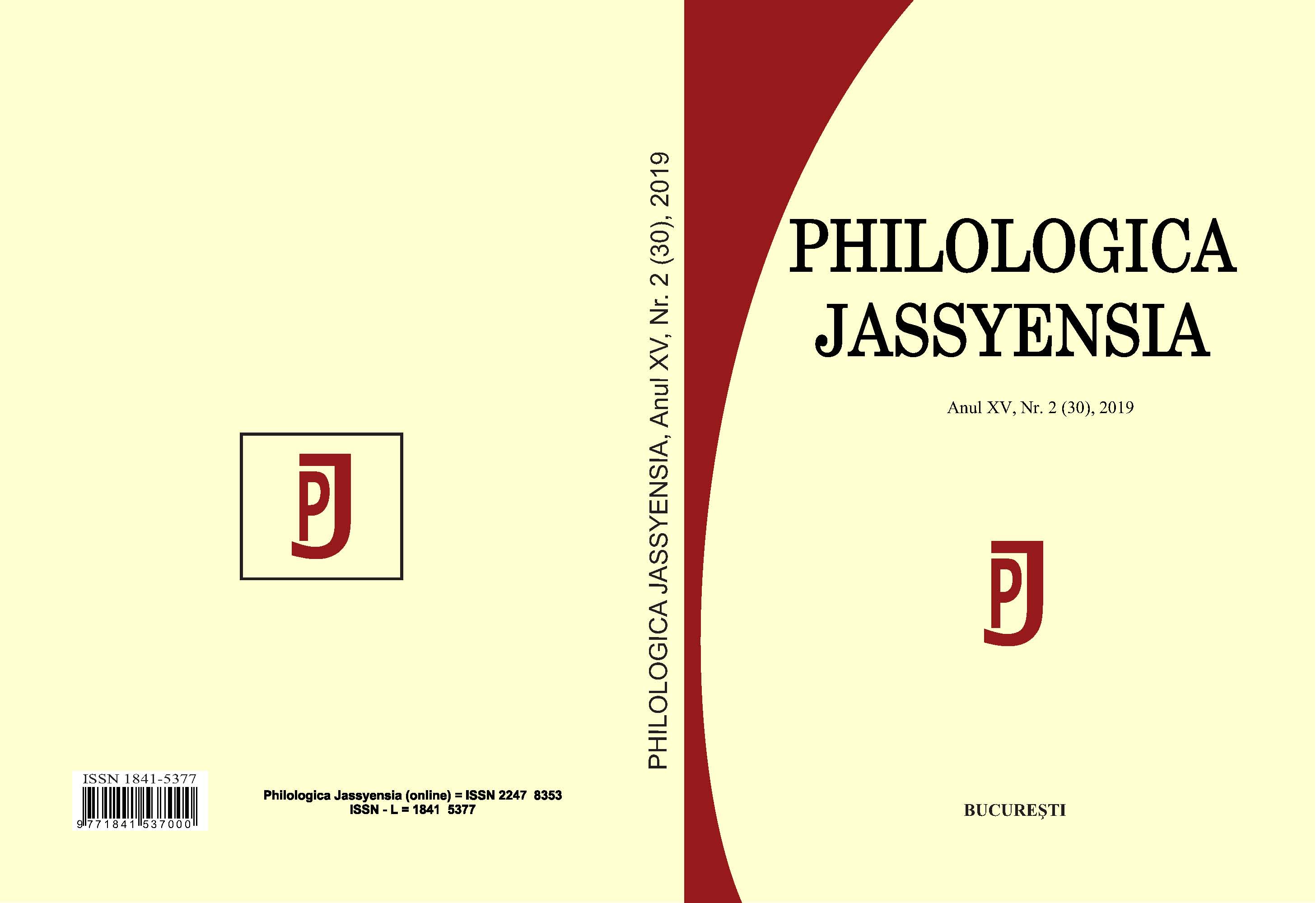
In Strabo’s voice, Antiquity conveys to us that Europe, so varied in nature and naturally adapted, allows good development of people and states. Today we can already speak of European thought, politics, economy, etc., even if we cannot speak of a European nation or race, because Europe is a continent marked by plurality. The question arises, what could be the source of the unity of the European peoples? Could it be about the economy, does Europe secure subsistence through joint participation in capitalism? According to some scholars, this type of economy can be related to the emergence of Protestantism. Is the market economy characterized mainly by individualism or predominantly by a sense of communion? Can Christianity offer an economic and social solution? Two cities that do not offer something special to tourists, Iași and Lourdes, can barely hold the number of tourists at certain times of the year. They do not seek material satisfaction, but come for their thirst for infinity, to quench a religious necessity. Paulo Coelho sells millions of copies of his novels in over 150 countries around the world, could that be the very reason that he addresses subjects of a religious nature? It seems that people prefer to lose money to meet their immaterial needs.
More...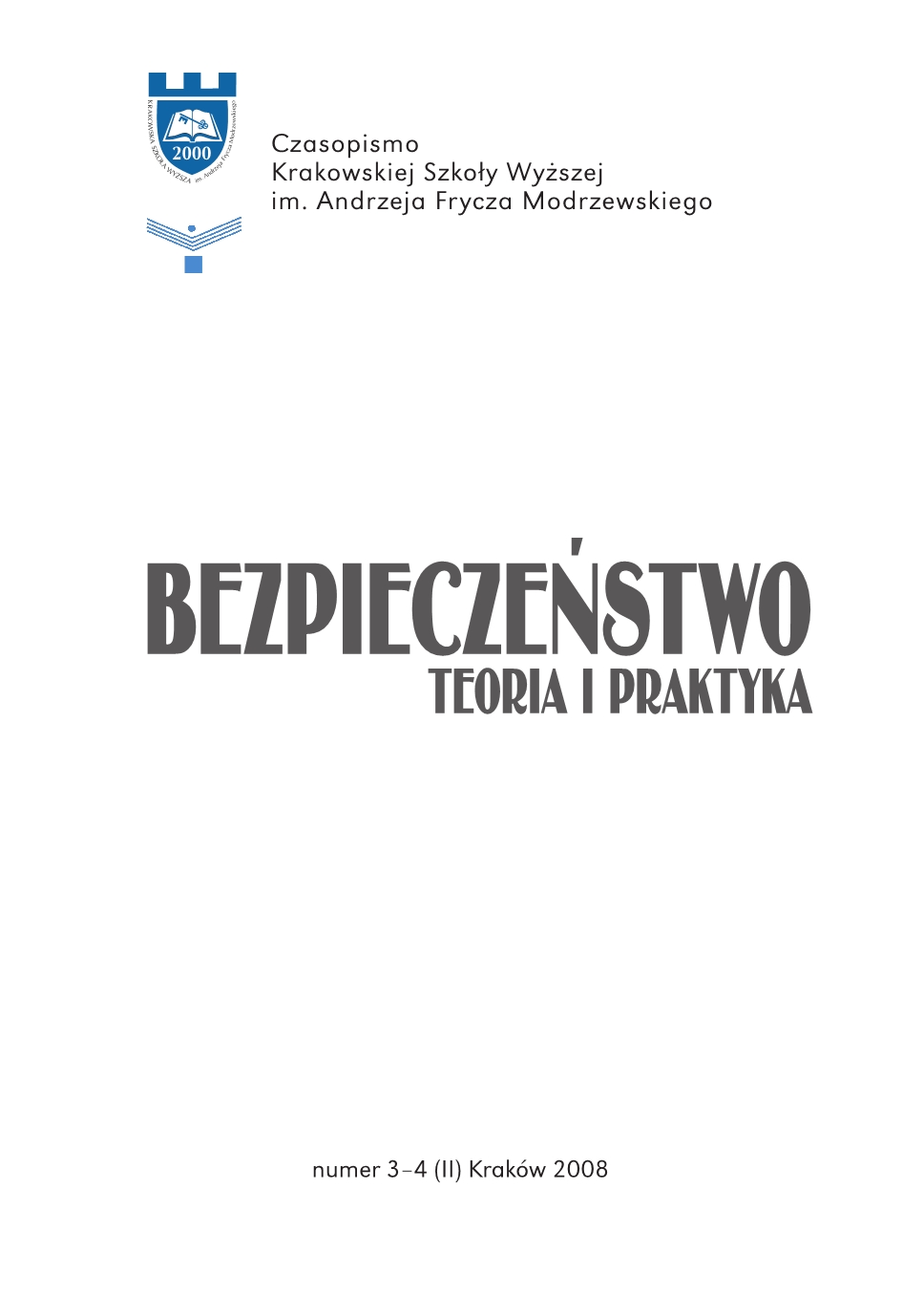
The essence of the phenomenon of the Neutral Nations Supervisory Commission, established after the most gory and dangerous conflict of the time of bipolar division of the world is the very existence of the Commission, and attempts at stabilisation of the political and military situation in the Korean Peninsula. After many months of war between North and South Koreas, the line of the front stabilised along the 38th parallel, a line that is the border between the two Korean states to this day. The signing of the cease-fire on 27th July 1953 put an end to the armed conflict, which turned out to be the most blood-spattered episode of the Cold War. Two international commissions of neutral states were created to supervise compliance to the treaty. These were the Neutral Nations Supervisory Commission (NNSC), with representatives of Poland, Channel Slovakia, Switzerland, and Sweden; and the Neutral Nations Repatriation Commission (NNRC), whose members included the above-mentioned states and India.
More...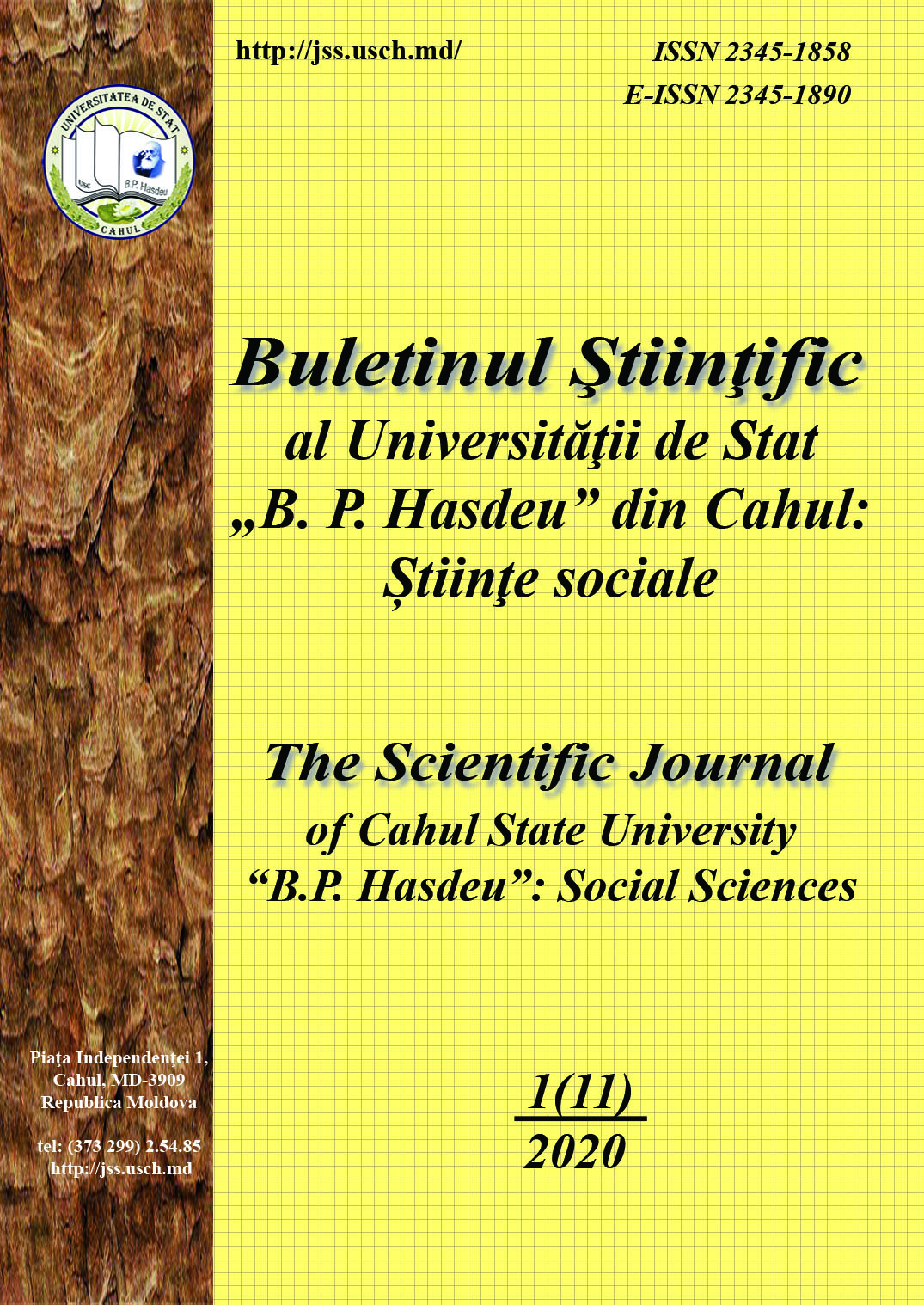
The article makes known important aspects of the Parliament of the Republic of Moldova, as the supreme representative institution of the people. A list of the main stages and events of the historycal birth and evolution of the Moldovan Parliament is put on. As well, the paper presents the associations of sovereignity, independence, and reoresentativeness. It comes with evidence that the Parliament is a result of the will of the people due to free, direct, secret, and equal elections; thus performing the assigned functions and tasks becomes essential. The Members of the Parliament act as representatives of the voters firstly, whose interests become central. In conclusion it can be stated that the Parliament is the foremost institution to represent people, and MPs are not able to pass on their duties to other state officials. Thus, the deputees are employed to exercise sovereignty on behalf of the people.
More...
It becomes obvious that for sovereignty to regain its position as the focus of security it has to be redefined in relation to "classic" sovereignty, grafted on the concepts of Westphalian logic, and reality proves that even the criteria of belonging to a state have changed. The hypothesis of the article is that in the period of time that has elapsed since the Peace of Westphalia until now, security has been and will remain indivisible and has experienced two phases, each of them consisting of several stages: the Westphalian phase, in which security is focused on the nation state, on its sovereignty and independence, with its related repetitive stages (tension, détente, preemption) and the post-Westphalian phase, very similar in forms of manifestation with the pre-Westphalian phase, in which the security places a greater emphasis on the citizens and in which sovereignty becomes limited or assisted, with the following stages: détente, preemption, resilience. The nation-state, with its core attributes - sovereignty, territorial integrity, political independence - is situated in an outdated Westphalian logic, its inhabitants being rather witnesses to its avatars. The nation-state is undergoing a process of change in content and relevance at the actional level, in which its fundamental attributes are modified. Security, in the resilience stage, increases pressure on the state, which is on the verge of redefining its functional needs.
More...
Technology is evolving fast and the associated cyber threats, even more. Their diversity and the attackers’ skills set up real challenges in identifying best preventive measures against cyber-attacks. If taken into consideration the classification that defines five main categories of cyber-attacks – cybercrime, cyber war, cyber terrorism, cyber espionage and hacktivism, at least three of them represent a direct threat to national security. This is one of the reasons for which every country needs legislation in addressing these threats. European Union Member States have issued at least, one national cybersecurity strategy. Given the cyberspace evolution, some of these documents already reached third edition. The article represents a comparative analysis on the cybersecurity strategies of EU members. Even if they benefit from the same guidelines, the documents are different, from one state to another, based on preliminary analysis of each national cyber context. This generates diverse approaches related to priorities, scopes, objectives, and also sets of measures and fields of action. The aim of the article is identifying different approaches of the cybersecurity field and how Member States countries complied to EU regulations. One of the key elements of the strategies constitutes ways to integrate cybersecurity in education system, as a measure meant to raise awareness among internet users and also to increase the cybersecurity culture level of the society.
More...